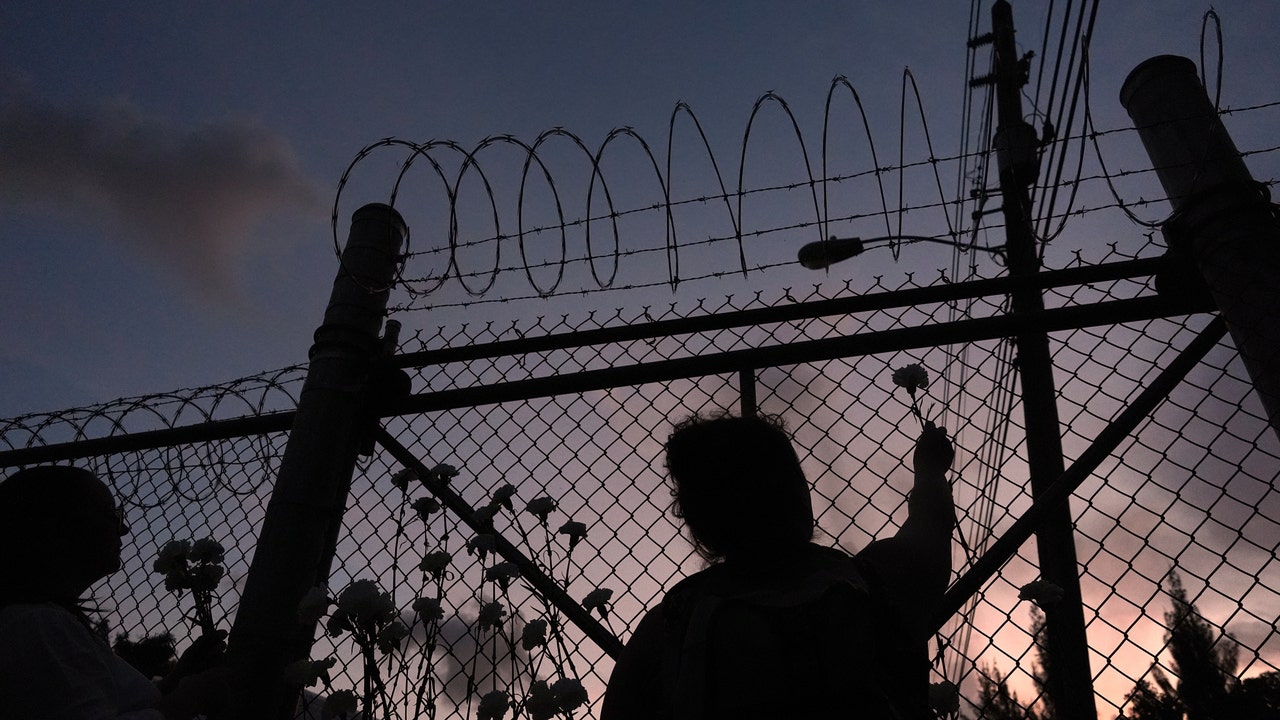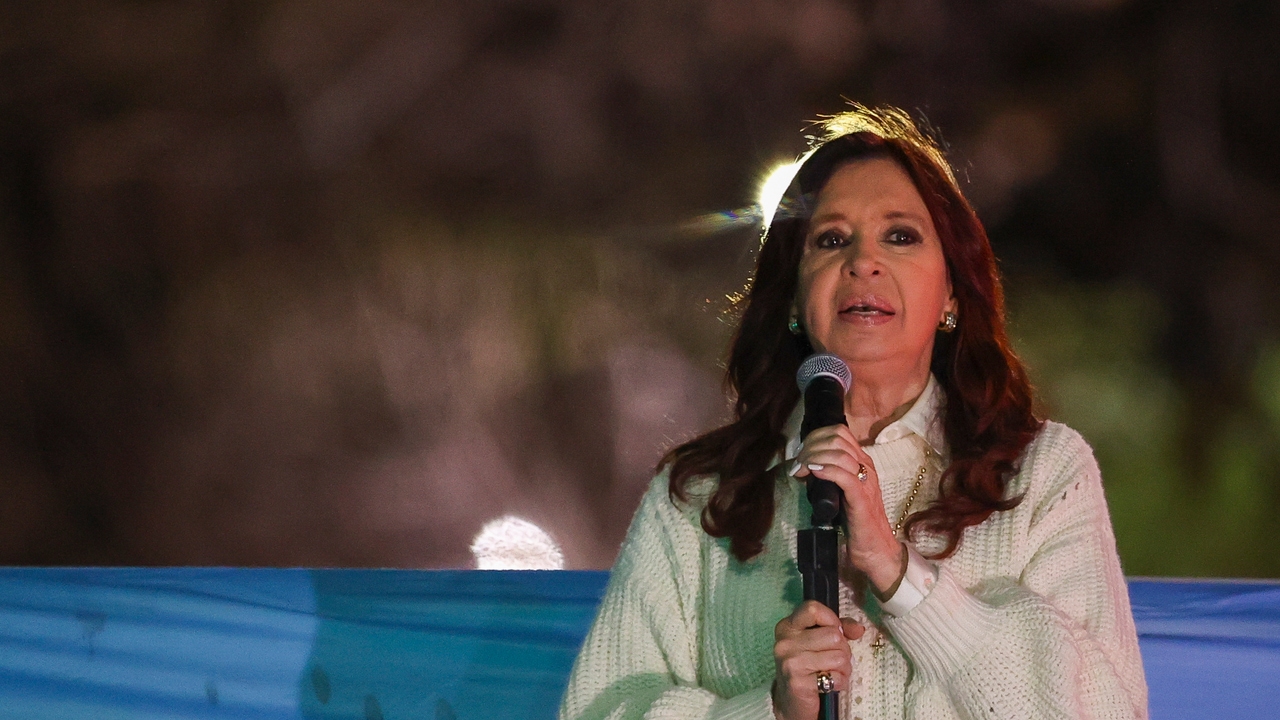They were arrested in the United States for serious crimes. Being migrants, Donald Trump He applied his mass deportation plan for South Sudan, but a federal judge stopped the plans of his exile. Although, as they were already in Africa, they are held in an American military base in Yibuti, adding already 16 days there, waiting for a decision to be made regarding their destiny. As surreal that sounds, that is the story of eight men arrested and who now live in a limbo.
In a story revealed by The New York Timesthat has been the process that those eight men detained have had to live. They were applied to the rule they insist from the White House: to deliver to the migrants a single page document is sufficient to deport them to a dangerous country with which they have no previous connection.
That was the intention of the Trump administration. The eight men (really were 10, but two were separated without explanation) arrived at the detention center of the Customs Immigration and Control Service (ICE) In Port Isabel, Texas, on May 17. And, according to Ahmer Shaikh, a detainee who remained with the group during the following two and a half days, all were from different countries: Vietnam, South Korea, Mexico, Laos, Cuba, Myanmar, South Sudan …
Everyone had already fulfilled their sentence or were close to doing so for different violent crimes (Three murders, two murder attempts, two robberies and two sexual crimes), according to The New York Times, but at the same time weighed on them the “expulsion orders” of the country that Donald Trump has done so famous to deport migrants.
At first they were informed that they were going to be deported to South Africa, although they were later informed that They would be sent to South Sudan, a country at warwithout documentation through. They did it without clarifying them if there they would be imprisoned or released and only one of the detainees belonged to that country.
After knowing this information, one of the detainees, originally from Myanmar, could contact his wife and it was the one that alerted the authorities. Then, Brian E. Murphy, a judge in Massachusetts, took over the case and claimed the United States National Security Department (DHS) to know the whereabouts of these men.
When Murphy realized that the DHS had not given the detainees the long time imposed by law so that migrants could defend themselves before being deported, the eight men had already landed in Camp Lemonnier, an American military base in Yibuti. “It was impossible for these people to have a significant opportunity to oppose their transfer to South Sudan,” said the magistrate as explained by The New York Times.
The next day, in a publication on social networks, Trump announced that “eight of the most violent criminals on the planet remain in Yibuti,” recognizing the whereabouts of the detainees. After that, The judge asked the government Transfer to the United States to men or find a way to arrange interviews in Yibuti where men would have the opportunity to oppose their deportation, choose the republican administration the second option.
Since then, the eight detainees are held in Yibuti, where they have been 16 days. They are living and sleeping inside a modular container with air conditioning that the army usually uses as a conference room. They carry shackles on their ankles all the time And they can only remove them every two days to use the shower. His contact with the outside is reduced to a five -minute phone call to his relatives every three days, beyond the conversations with his lawyers.
Although the Trump administration claimed to be taking measures to comply with the order of Judge Murphy, they have also requested the Supreme Court to intervene and allow them to send the detainees to South Sudan. Meanwhile, eight men are still waiting for where they will be deported in a military base in Yibuti with hardly any contact with the outside.



